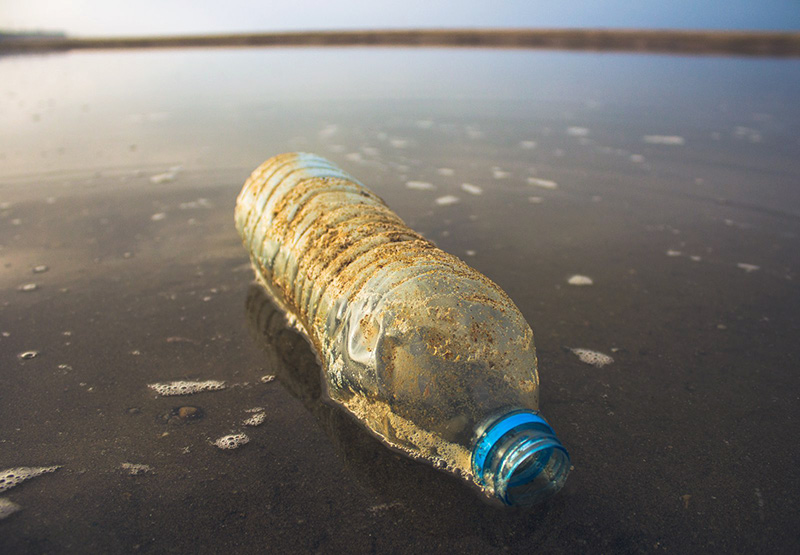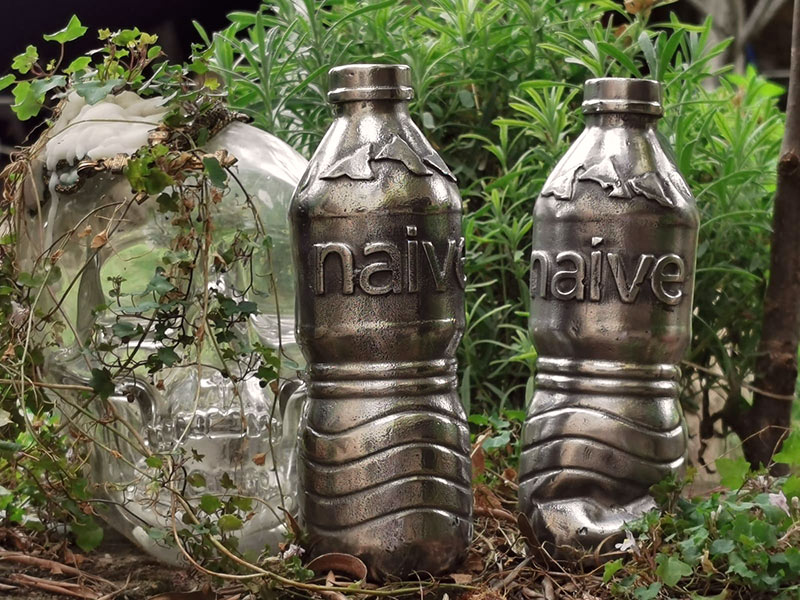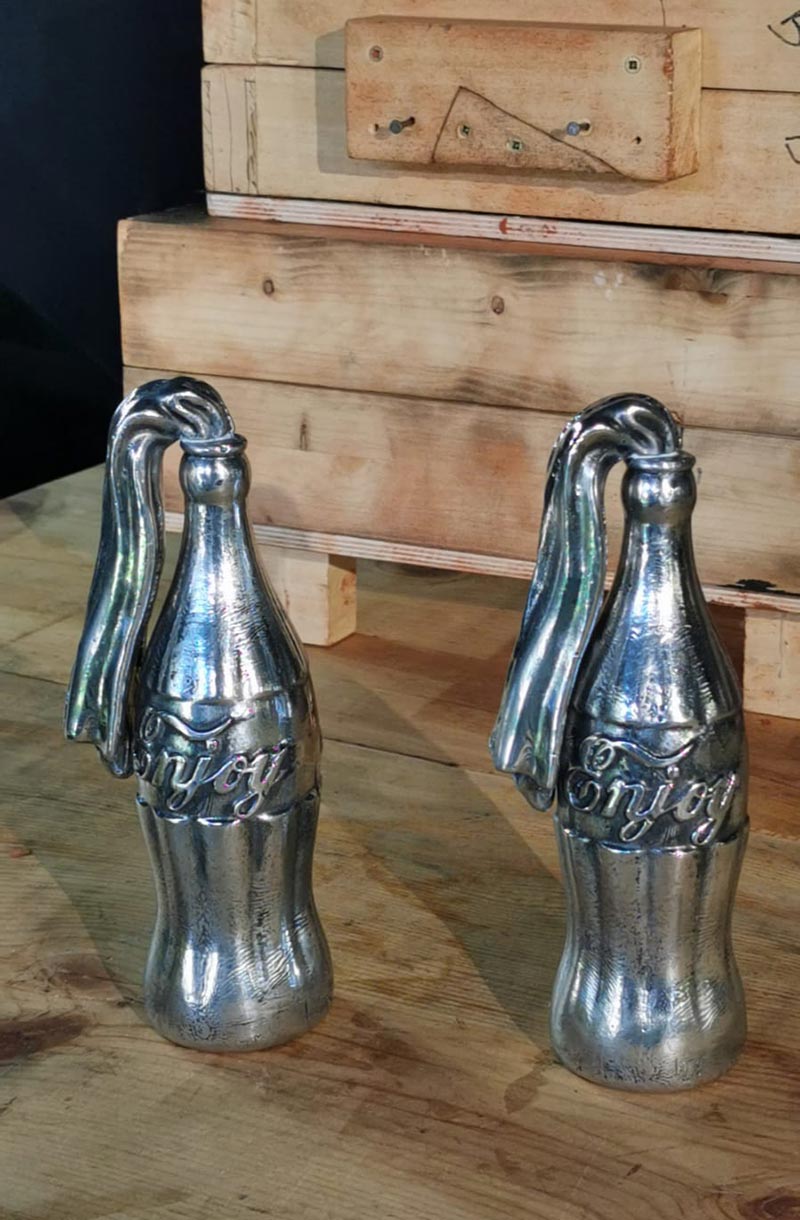the word CONVENIENCE is destroying the natural world learning to live more in harmony with nature
Author: Distil Ennui | Post Date: 05-12-2021

'The Naive Twins' recycled aluminium sculptural works, 19 x 6.5 cms
According to Our Common Future (Brundtland Report published in 1987 by the United Nations), sustainable development is defined as development that "meets the needs of the present without compromising the ability of future generations to meet their own needs."
Moving towards true sustainability of course will involve social challenges that entail international and national law, urban planning, transportation, supply-chain management, local and individual lifestyles and ethical consumerism. Ways of living more sustainably can take many forms, such as:
Despite the increased popularity of the use of the term "sustainability”, the possibility that human societies will achieve true environmental sustainability has been, and continues to be, questioned—in light of environmental degradation, biodiversity loss, climate change, overconsumption, population growth and societies' pursuit of unlimited economic growth in a closed system.
Right now the worlds attention is on COP26 united Nations Climate Conference in November this year, I hope this time political leaders will act on the decisions made and not let the moment pass as before with AICHI BioDiversity Targets set in 2010, none of which were met by a single country present at the table. I was there in Tokyo in 2010 advocating for change, as indeed I am there again this year presenting a piece titled ‘Enjoy’ to President Biden. A molotov coke bottle bomb made from 1,000 recycled coke cans rescued from land fill.

molotov petrol bomb 'Enjoy' in the form of a coke bottle made from recycled coca cola cans
now that you are here, please lets stay connected...
Join the mailing list.. Register
Telegram Channel.. DistilEnnui
Instagram.. AJHamilton.Artist
Twitter.. DistilEnnui